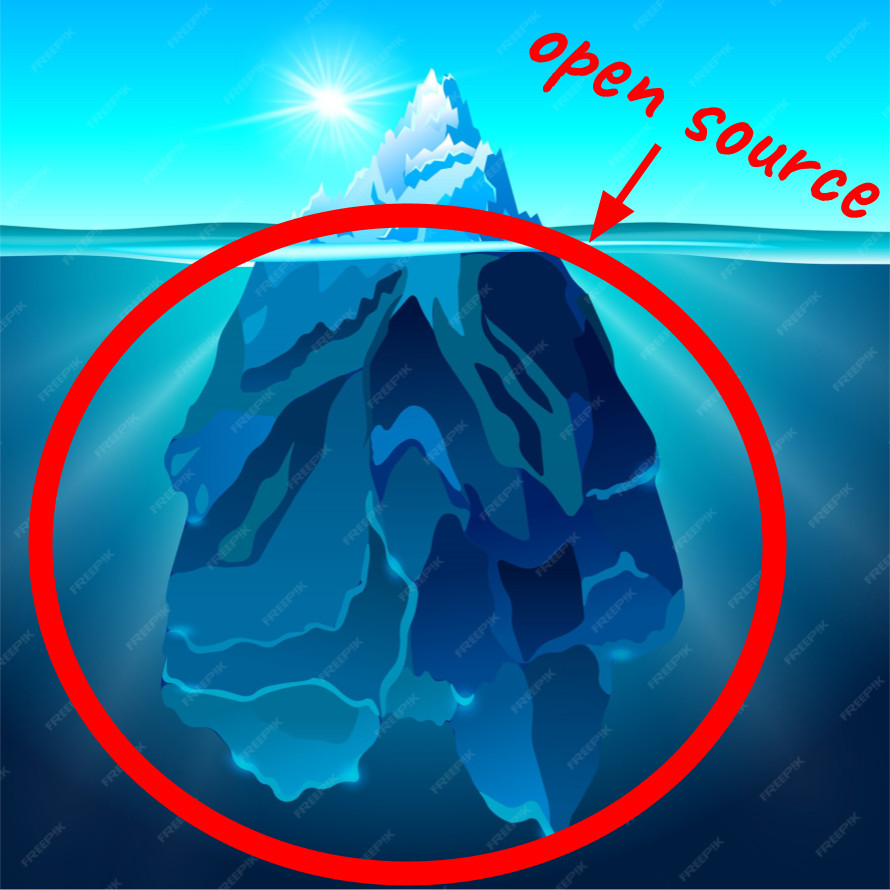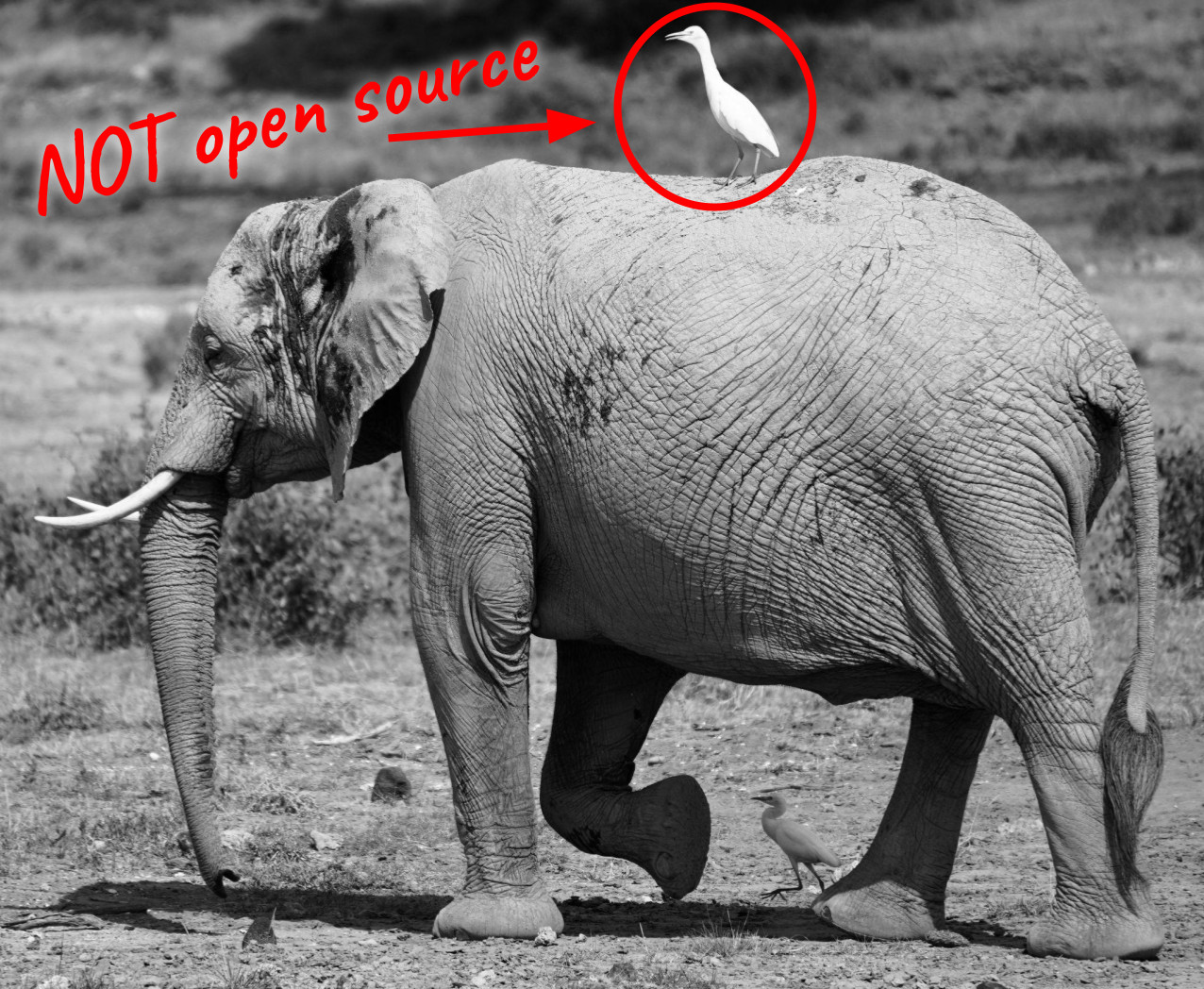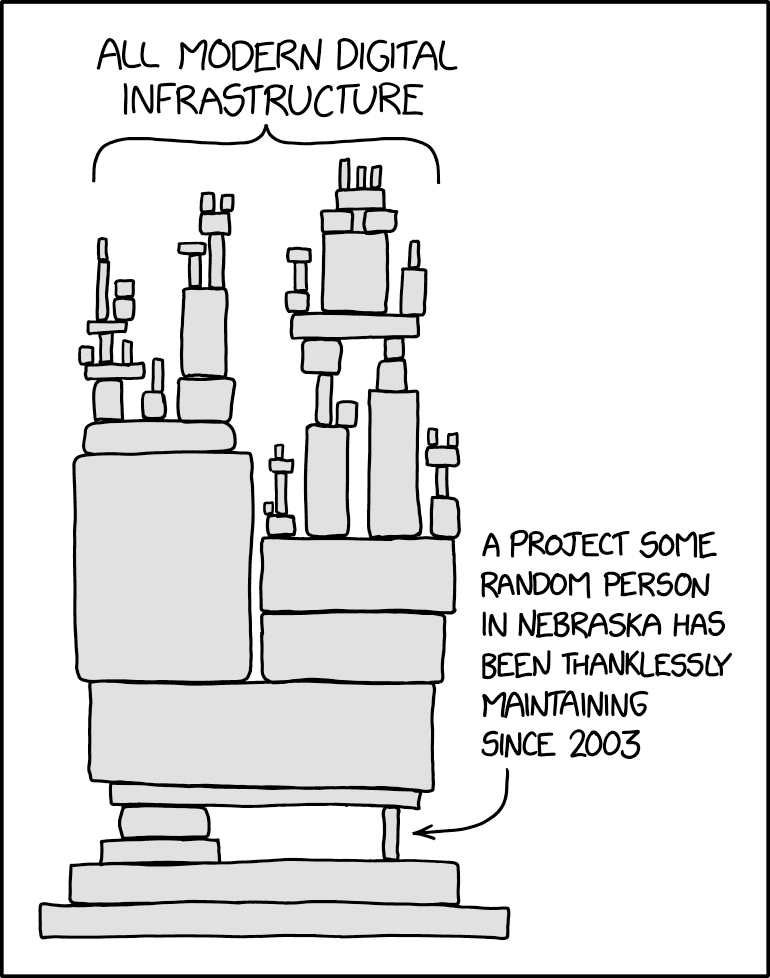
Current digital infrastructure is to a large degree built on layers and layers of Open Source.
Open Source is to a large degree built and maintained by enthusiasts or other financially and resource restrained teams.
It should be in our mutual interest to make sure that well-used Open Source projects not only survive, but also perform well.
Critical Open Source infrastructure needs to be maintained. Maintenance is not easy nor can we expect that to be done by volunteers on their spare time.
Lots of Open Source projects are maintained by tiny teams or single individuals with small or no financial support at all.

In Germany, the Sovereign Tech Agency was created a few years back to help with this situation. By sponsoring infrastructure projects they help enforce the ecosystem and strengthen the fabric we all rely on. They had the courage and good sense to sponsor projects anywhere, not just within Germany’s borders.
As this infrastructure challenge goes way above and beyond Germany and concerns us all, it only makes sense that this style of helping out is attempted elsewhere as well. To me, it makes perfect sense to provide this service at EU-level instead of having individual member states doing it. Or perhaps in addition to.
There is now a proposal to create such a fund. The proposal calls it the EU-STF. The European Union Sovereign Tech Fund. Following the STA’s lead, taken up a notch. More money for more projects, which ideally will help us fortify our infrastructure even better.
I think this is a good idea. I give this proposal my thumbs up.

The Proposal
The proposal itself is a huge and detailed 102 page PDF document. You can find it here:
https://eu-stf.openforumeurope.org/
Disclaimers
The curl project (which I participate in) has received funding from the Sovereign Tech Agency (back when they were still called the Sovereign Tech Fund). We might perhaps also benefit from a future EU-STF.
I am President of the European Open Source Academy, which was launched in cooperation with OpenForum Europe, one of the organizations behind this EU-STF proposal.
Flawed metaphors
The iceberg in the top illustration is not realistic. A real world iceberg shaped like that would float differently, probably tipped on its side. Experiment yourself with icebergs, their shapes and how they float on Iceberger.
The bird-on-elephant metaphor is imperfect in the sense that it is a rather working symbiotic relationship in nature. Not the same extracting value but not providing back as in software.
The xkcd metaphor is imperfect in that it does not spell out that all blocks in the lower half of the drawing are Open Source.
